Hello again and it is, as always, such a treat to be back here on Love My Dress. As a wedding planner obsessed with schedules and keeping on track, today’s feature on budgeting is very close to my heart.
You see, even with all of the advice available on blogs and in magazines covering this very subject, time and time again I hear from couples who’ve gone over-budget for a variety of reasons. It’s something that’s very easy to do but just as easy to avoid with the right tools and information at your disposal.
One of the most frequent ways in which couples can and do go over-budget is as a result of the unexpected wedding costs that you don’t necessarily read about. It’s these unforeseen, unexpected or unaccounted for bills and invoices that I’m shedding a light on today and, most importantly, I’m explaining how you can accommodate them OR even avoid them entirely.
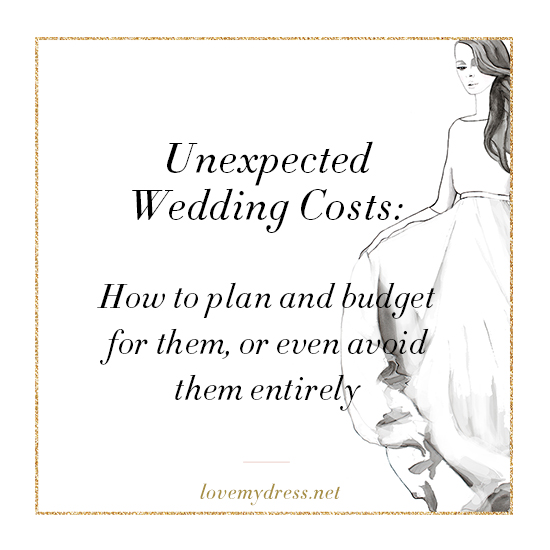
VAT & Taxes
The last thing you want to think about when planning a wedding is tax! And, that’s exactly why it’s so easily forgotten or left out of budget planning entirely. This whole area is made more complicated by the fact that some venues and suppliers are VAT registered whilst others aren’t, some make these costs clear in initial quotations and invoices and others only add them on at a later stage of the planning process.
The cost: This will depend entirely on your total budget and whether or not your suppliers are VAT registered. As a safe bet, add an extra 10-15% of your total costs to your budget to accommodate this.
How to plan for it: There’s no getting around paying taxes! The safest option is to check over your contracts / invoices carefully and ask your suppliers (from the outset) whether their costs are plus or inclusive of VAT.
Damages & Hire Deposits
Although damage deposits are commonplace in the wedding venue world, they’re often not included in the venue costs shown in brochures or on websites. Instead, they’re included in the small print on contracts and booking forms so you’ll need to read everything carefully. Yes, you’ll have your deposits returned to you after your wedding (providing that everything is in order) but you’ll still need to pay them in the first place.
Hire items such as suits and furniture also attract deposit payments and these are usually a percentage of the total cost of the items you’re hiring.
The cost: A venue damages deposit is typically around £500 or 10% of the estimated cost of your wedding. Hire deposits are often £50-£100 but can be significantly more if you’re hiring costly items.
How to plan for it: Ask your venue when you enquire for a full breakdown of all costs including deposits and damage waivers. Similarly, check the terms and conditions of any hire items carefully to be sure of deposit amounts. Don’t forget to follow up after your wedding to make sure the deposit is returned promptly and request details of any deductions in writing before you agree to them.
Décor
Of all of the unexpected costs, this is the one area where you can quite literally lose control of your budget in a BIG way. Spurred on by Pinterest, suggestions from blogs, magazines and suppliers and not to mention all the brilliant things you see online whilst endlessly Google searching, it’s really very easy to just keep adding detail upon detail. However, when all of these things come at a cost, there’s often a high price to pay for décor.
The cost: How long is a piece of string? Spending just £5 more per tablecentre can easily add £75 to your bill, whilst buying enough balloons and tassels to re-create those pictures you’ve coveted on Pinterest can cost upwards of £200. If you’re hiring in chairs, furniture and décor then you’ll need a furniture allowance of at least £1,000.
How to plan for it: If you’ve got a feeling you might get carried away here, working with a wedding planner or wedding stylist can help keep you on track. Not only will they plan and execute your vision, they’ll also be able to give you a guideline cost of how much to budget and will know the best places to shop and suppliers to contact.
DIY
Getting crafty and making items for your wedding can seem like a really cost effective option but remember that you need to account for the cost of the materials, some equipment and, I hate to say it, plenty of extras in case of mistakes. It can often be the craft equipment rather than the materials themselves that really bump up the cost.
The cost: This depends entirely on the projects that you’re working on! But, as an example, a stationery project can easily cost £150 or more and you’ll also need to keep in mind that, in most cases, you’ll be buying items at retail rather than wholesale prices.
How to plan for it: Trialing your projects before committing to buying lots of materials and equipment (and then potentially changing your mind!), can help you be sure of exactly what you need and you’re also likely to make fewer errors when you come to ‘the big make’.
Postage
You’ve seen the line marked ‘stationery’ in all the budget planners and you’ve carefully allotted your money to invitations and wedding day stationery and hurrah, you’ve found the perfect supplier that’s within budget. Before you congratulate yourself too much, have you stopped to consider postage costs? Because, let’s be honest, your gorgeous invitations aren’t much use if you don’t send them out!
The cost: Sending out 100 small invitations first class will cost you £63 but if your envelopes are larger than 35.3cm x 25cm, thicker than 2.5cm or weigh more than 750g, you’ll be paying £95 postage costs for the same number of invitations.
How to plan for it: Discuss the size of the finished invitation with your stationer from the outset so you can add the postage cost to their quote to make sure you’re within or under budget. Also consider removing bulky information packs from your invitations and putting details online for your guests. Finally, don’t forget to account for the cost of posting Thank You cards as well!
Pre-Wedding Accommodation
With more and more couples choosing to marry in approved venues or locations that aren’t close to home, it’s highly likely that you’ll need to book convenient accommodation for the night before your wedding. You’ll need a pretty spacious room or suite too because on the morning of your wedding there’ll be hairdressers, make-up artists, bridesmaids and photographers in attendance too.
The cost: Even with a conservative guide you’ll need to allocate at least £100 per room per night in your budget so if your partner also needs a room somewhere and you’re considering paying for parents and bridesmaids too, you’ll need to set aside quite a chunk of cash.
How to plan for it: If your venue provides accommodation, ask if they offer special rates or negotiate a price for block booking a certain number of rooms. Don’t forget to consider alternatives because sometimes, even hiring a cottage or booking an Air BnB for a long weekend can prove to be a significantly more cost effective option.
Food & Drink (inc. supplier meals)
You may have carefully calculated the costs for your canapés, wedding breakfast and evening food, but how about the cost for your supplier meals? Some suppliers will request food and drink as part of their contract and, if you’ve booked a decent size band, this can be quite pricey. Also, don’t forget breakfast for your maids and yourself, not to mention those obligatory wedding morning bubbles!
The cost: If your suppliers request full meals, then just multiply your per head catering cost to see how much supplier meals can add to your budget. If they request a hot meal only then allow £15-£30 per supplier depending on your venue. With your own breakfasts and bubbles, this area can easily add £200 to your budget.
How to plan for it: Well, people do need to eat but you can clarify at an early stage the requirements of your suppliers and make sure you consider the total cost when you make your final choice with your caterer. Also, do check with your venue / caterer if they offer simpler, cheaper meals for suppliers.
Alterations & Cleaning
It’s all too easy to see the price of a wedding gown, especially when you’ve fallen in love with it, and feel happy that it’s just a pound or two under your budget. However, you don’t just take home a standard sized gown from your boutique – it’s fitted to you and these alterations are an additional cost. And, don’t forget, if you want to keep your gown after the big day, it’s sensible to have it professional cleaned and packed post-wedding.
The cost: Alterations can easily cost £250+ as taking up hems and taking in seams involves a lot of skilled work. There’s also the cost of any alternations for your Bridal Party (£40+ per person) and cleaning a wedding gown costs over £100.
How to plan for it: Ask your boutique when you first visit for information on their alteration costs and ask how many adjustments your gown might need. With regards to cleaning, some boutiques offer recommendations, alternatively keep an eye out for promotions run by high street cleaners, especially after the high summer season.
Underwear & Accessories
As with alterations and cleaning, the cost of underwear and accessories can all too easily be left out of your calculations. With earrings, necklaces, headpieces, shoes, a veil plus a full set of underwear to buy, the costs can quickly mount up and push you well over the budget you’ve set.
The cost: Shoes from a traditional wedding brand such as Rainbow Club would average around £75 whilst a pair from a renowned designer such as Emmy London are often over £500. Similarly, prices range with jewellery and underwear depending on where you shop but allow £100-£500 for jewellery and set aside a conservative £100 for underwear.
How to plan for it: If you’re including your wedding day ensemble in your budget then add this as two separate line items – one for your dress, the other for underwear and accessories. That way, when you find the perfect shoes and pair of earrings, the cost won’t encroach on your budget for your dress and vice versa.
Thank You Gifts
From personal experience, it’s very easy to get carried away when you’re buying presents for your wedding party and thank you gifts for people that have contributed to your wedding so do be careful, especially if you’ve got a large bridal party.
The cost: Gifts, thank you cards and wrapping for a fair sized bridal party, groomsmen and parents can quickly mount up to more than £400.
How to plan for it: Be clear early on who you want to buy a present for and add thank you gifts as a separate line item in your budget. Also keep an eye on your favourite brands for special offers or discounts that can help you make the most of your budget.
Trials & Tastings
One of the things that couples often find most unnerving about wedding planning is that you’re quite often booking suppliers on trust. A menu for example might sound great on paper but how do you know that it’ll taste fabulous? A hair or make-up artist might come highly recommended but you need to know that they totally understand you and your wedding day style before the big day. This is why trials and tastings can be a crucial part of wedding planning.
The cost: A 2-hour bridal hair and make-up trial costs upwards of £100 and another £75+ for a bridesmaid’s trial. The cost of your menu tasting obviously depends on your chosen caterer (and whether or not the tasting is already included in their costs) but £30 per head isn’t over the top so, if you take just one set of parents with you, you’ve quickly spent another £100+.
How to plan for it: When you enquire with a hair or make-up artist, ask for details of their trial pricing as well as the cost for the wedding day itself and look at both of these when considering the quotes you receive. Liaise with your caterer regarding a tasting as some do offer complimentary tastings or run tasting evenings for a number of couples, which can cut down the costs considerably.
Beauty Treatments
There’s always a lot of talk about ‘bridal pampering’ and, let’s be honest, any excuse to take a little time out is always welcome! A course of facials or pre-wedding manicures and pedicures are usually on a bride’s to-do list not to mention a cheeky spa day and well-timed haircut and colour.
The cost: Just one facial at a local beauty salon is often around £50, which you’ll need to multiply for any course of treatments. A haircut and colour is a conservative £150, whilst a gel manicure and pedicure adds a further £60+ to your budget. If you want to indulge with a pre-wedding spa day, £200 might allow you and a friend to relax poolside for the day but if you want to add treatments to the experience, you’ll need to set more money aside.
How to plan for it: Asking for Christmas or Birthday vouchers for beauty treatments or spa days can be a great way to enjoy the pampering without the cost and remember that a lot of beauty salons offer pre-wedding packages or run regular promotions for clients on their mailing lists. Chat with your hairdresser in advance too and plan what you’ll need when so that you can set aside the right amount of money in your budget.
Ceremony Fees
This is another set of costs that can quite easily be forgotten in the very early stages of planning which is ironic given that the ceremony is the focal point of the day! A church might tell you the basic fee but if you imagined your wedding with a choir and celebratory bells, you’re going to need to pay more. Even an approved wedding venue will levy a charge for your wedding ceremony and quite often, this cost doesn’t appear in the ‘per head’ cost quoted on websites.
The cost: Church bells are often around £100 and the same is true of a rural church choir. Obviously, the costs in larger churches, minsters and cathedrals can be significantly more. A ceremony at a licensed venue can often be £300 or more on a bank holiday. You’ll also need to ‘give notice’ for your civil ceremony and this costs £35, plus approximately £4 per copy certificate.
How to plan for it: As your ceremony is an integral and focal point of the day it’s as simple as ensuring that you’ve accommodated for all of the relevant costs in your budget, which means talking to your chosen church, venue, register office, celebrant etc. to gain all of the facts and figures upfront.
Corkage
Being able to provide your own drinks for your wedding rather than buying via your venue or caterer can seem like a great idea, especially if you already have your heart set on a certain beverage or you’ve always wanted to travel over to France for a weekend of wine and bubble tastings! However, caterers and venues can often levy a charge for serving drinks even if you provide them yourself. This is known as corkage and you need to calculate the cost of this plus the cost of the drink to be sure that providing your own really is a cost effective option.
The cost: Corkage averages around £10 per bottle (some venues charge more and some less but this is a reasonable average). So, if you’re providing five bottles of wine per table during your wedding breakfast and you’ve got ten tables, the corkage charge for your meal alone would be £500 not to mention the corkage on reception drinks which could easily be another £250.
How to plan for it: If you’re planning on providing your own drink, you need to check your corkage charges from the outset with your venue or caterer (and whether or not this charge is plus or inclusive of VAT) and factor this into your calculations. You might be able to negotiate a discount for a certain number of bottles or request a refund post wedding depending on the number of bottles that were opened.
Insurance
I’ve mentioned wedding insurance in previous features as I consider it to be one of the most essential wedding costs. For the peace of mind that it provides and the amount you’re insuring, it’s well worth the price. Most wedding insurances cover everything from failure of suppliers through to lost or damaged wedding attire to cancellations due to illness or bereavement.
The cost: Premiums with major insurers range from as little as £39 up to £300, with around £150 providing a good level of coverage.
How to plan for it: Shop around and even use a comparison site if you want to make sure you’re getting the most for your money. Wedding insurance will cover you from the moment you start paying deposits so this is a cost that is payable right at the start of the planning process.
Taking conservative figures from the areas above into account, you can easily see how these unexpected costs can and do quickly add up. Of course, everything depends on your own individual wedding, style, suppliers and priorities but I want you to understand how important it is to include and account for EVERYTHING in your wedding budget from the outset. Personally, it’s far better to overestimate costs and have some money spare than it is to be hit with bills you didn’t anticipate.
As a professional wedding planner, I always include a contingency in every wedding budget I prepare for my clients. The best piece of advice I can give you is to do exactly the same – set aside a contingency fund (ideally 10-15% of your budget) for emergencies or unforeseen costs as it’ll mean that you’ve got a little flexibility and room for manoeuvre.
I always write these features, not to scare but to inform. It’s easy for me to list out these costs and yet I only know about them because this is what I do for a living! The wedding industry does need, in some quarters, to be more transparent with costs but, in the meantime, I would urge you to be honest about your own budget (with yourself and your suppliers) and ask as many questions about costs from the outset. When you’re buying with your heart as much as your head, I know this can be difficult but it’s easier to do this early on rather than suddenly being hit with additional charges after you’ve fallen in love with something that isn’t financially realistic.
If you’ve got any questions at all about any of these unexpected wedding costs then do leave a comment below and I’ll be very happy to help you.
Love Kat x
Wedding & Event Planner Katrina Otter specialises in bringing beautiful, timeless and classically elegant wedding design to life, adding a touch of contemporary styling to create exquisite, perfectly organised weddings throughout the UK. Whether you’d like help organising your entire wedding, managing the day itself, creating the design for your day or finding the perfect venue or team of suppliers, Katrina can tailor her planning services to provide precisely the right level of support you require. Katrina is a regular contributor to Love My Dress. Visit her webpage at katrinaotterweddings.co.uk.

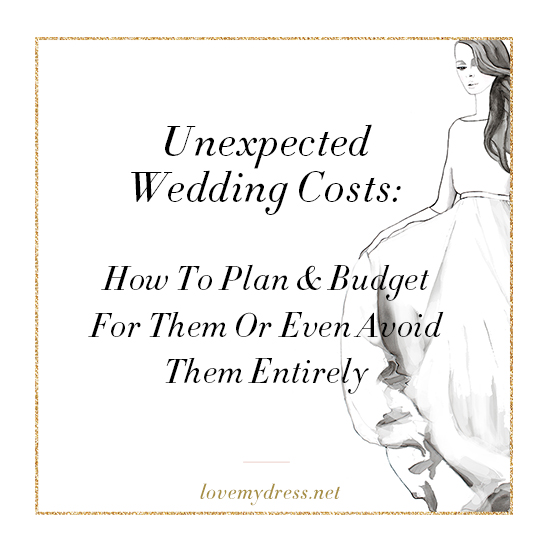

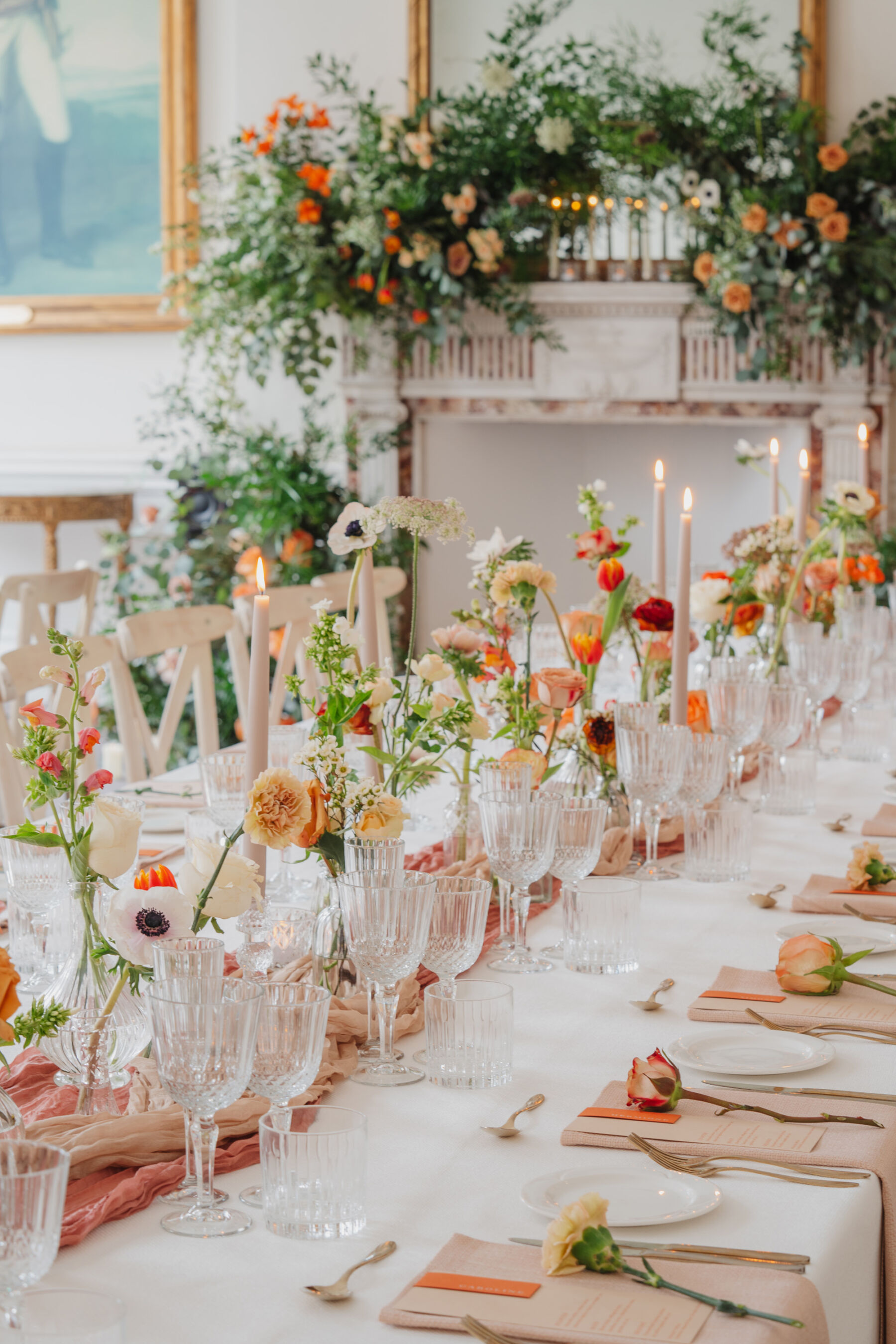
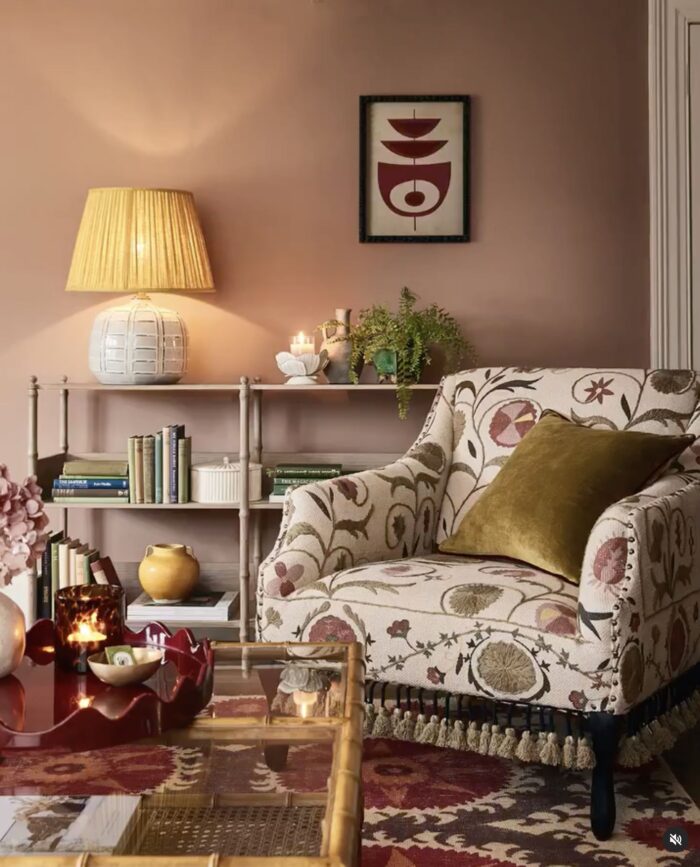
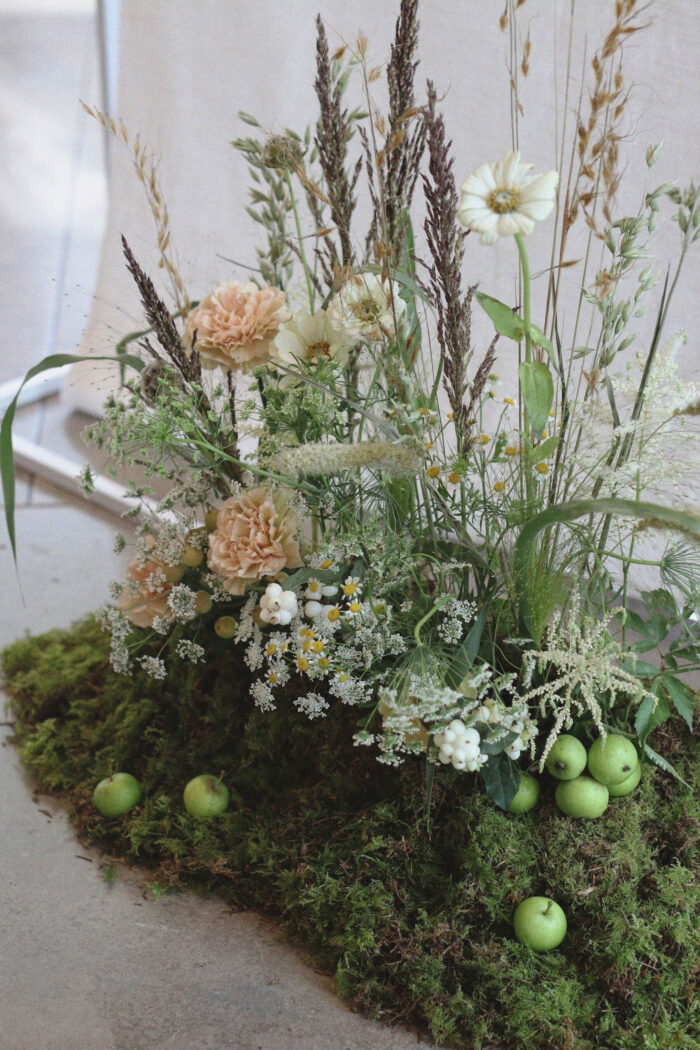

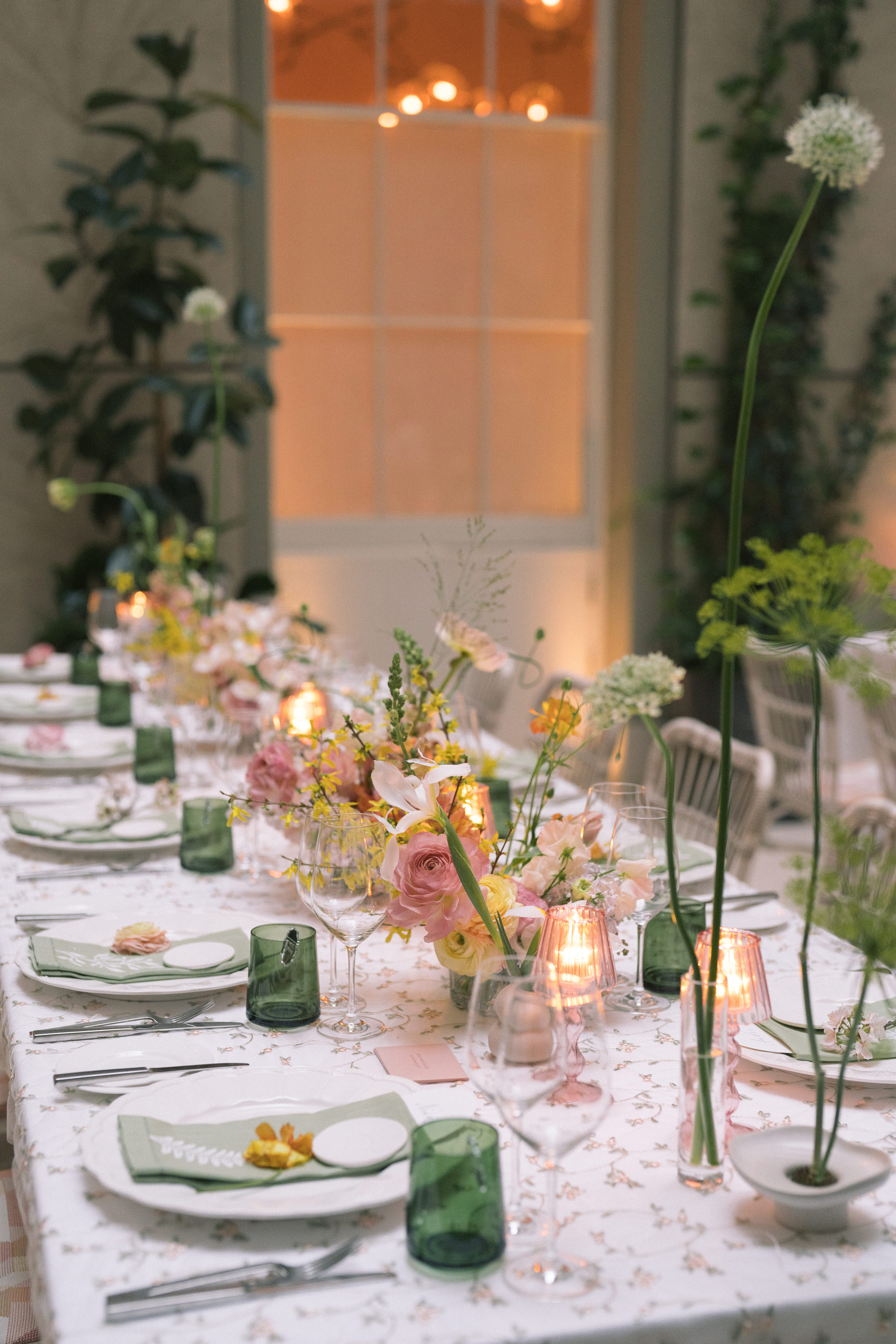
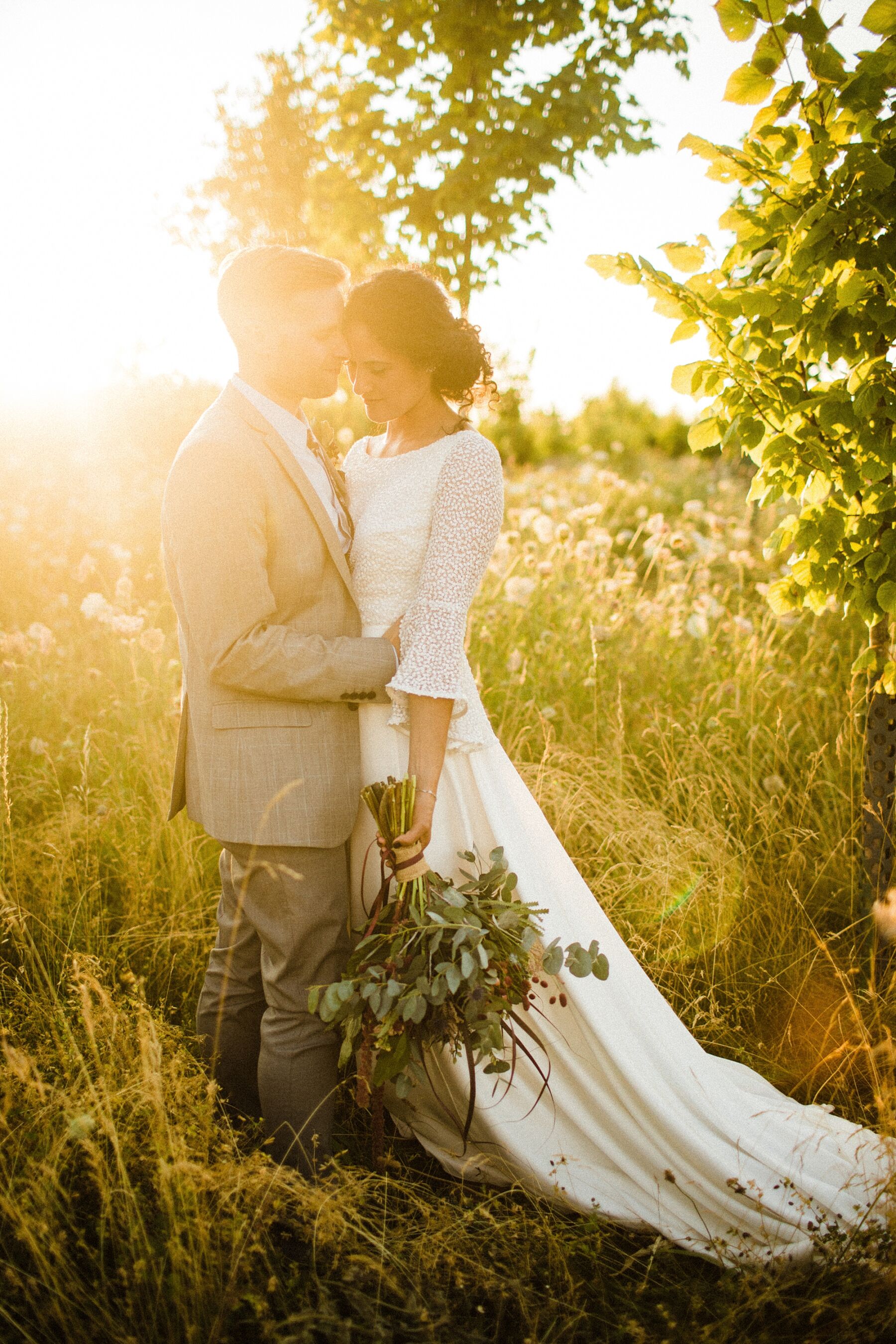
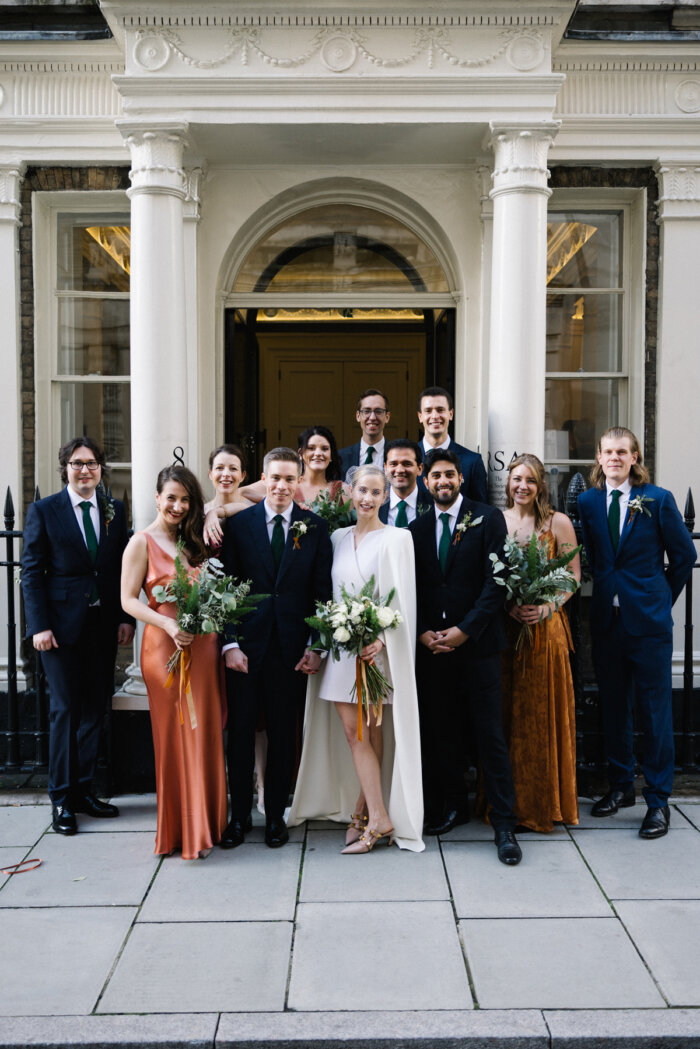
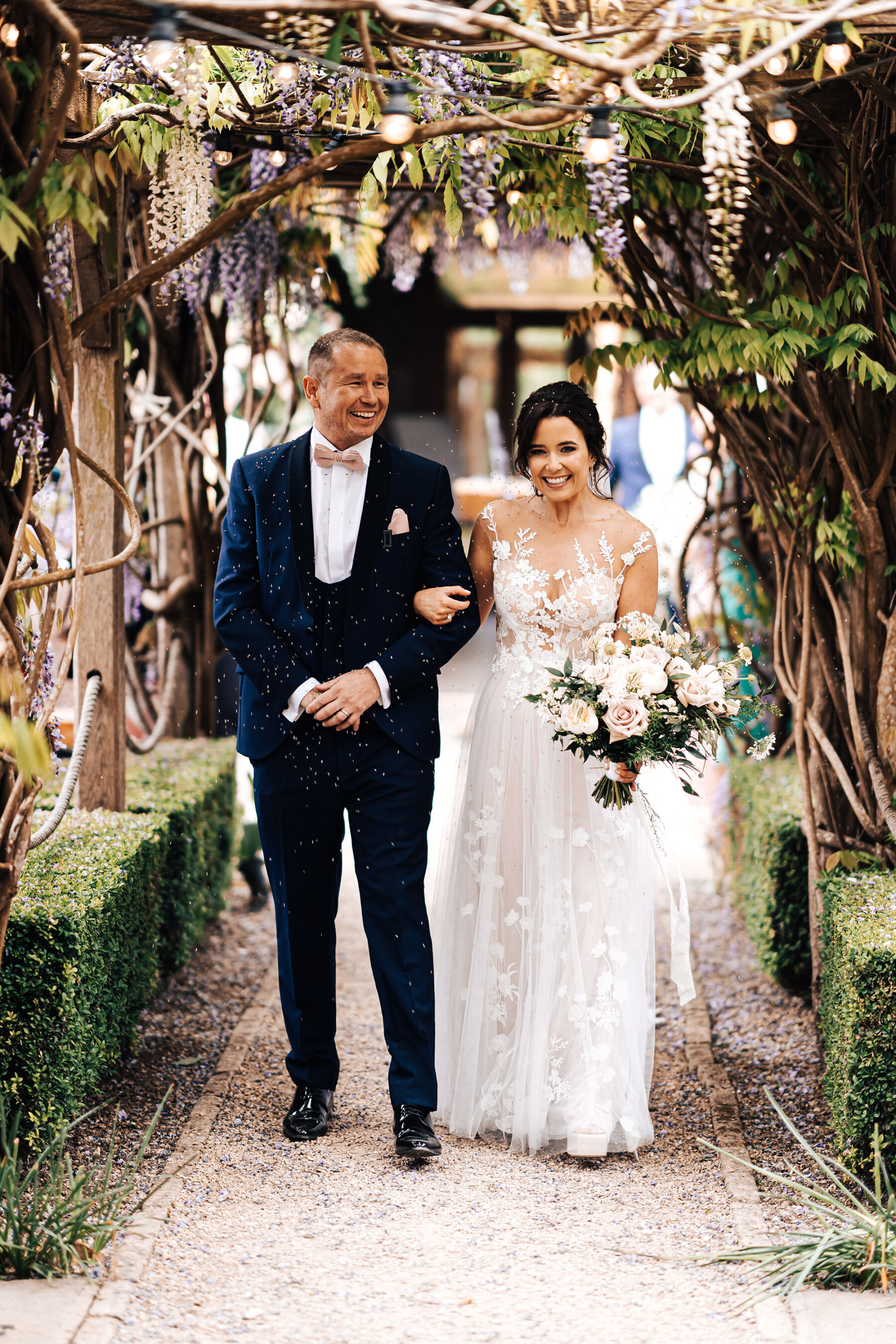
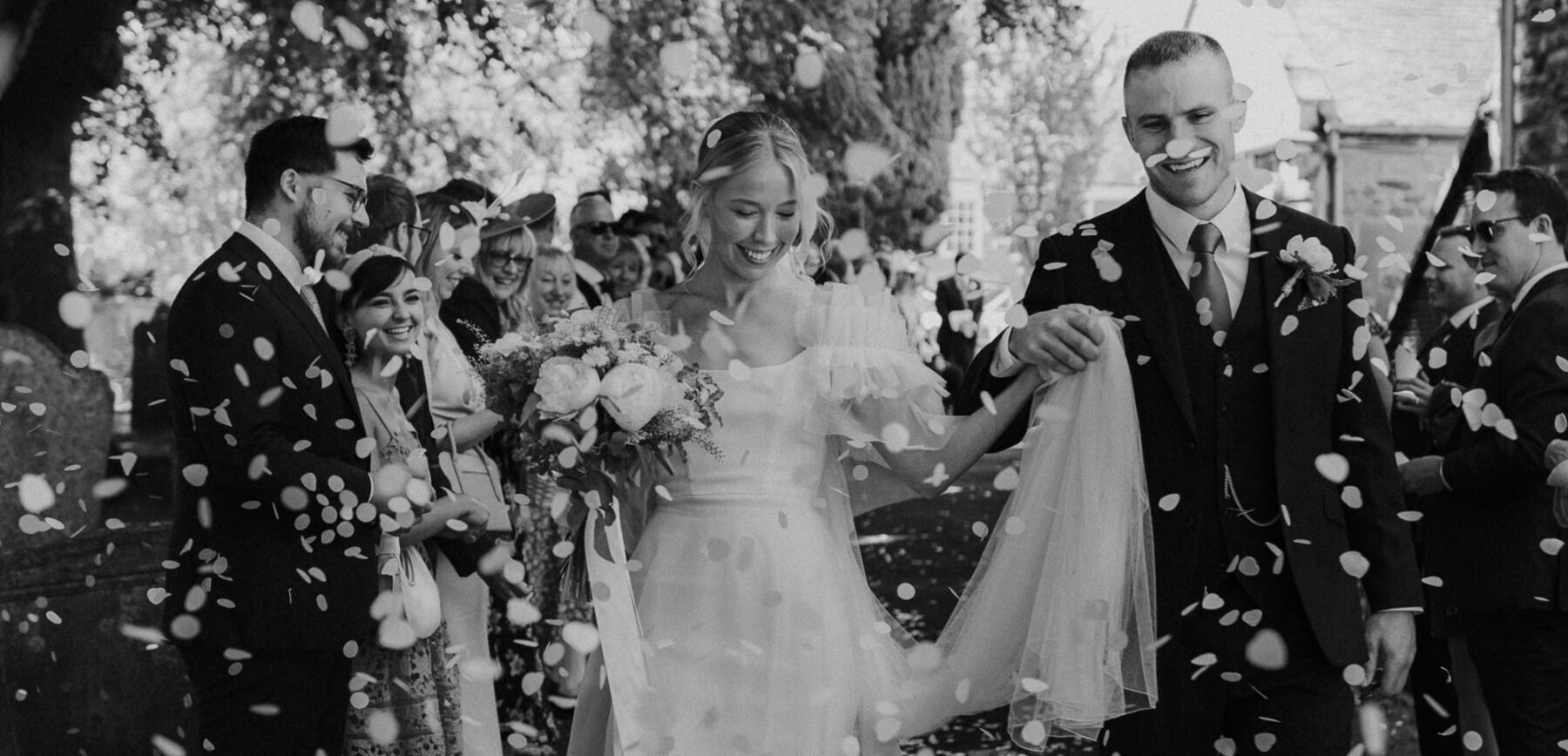
Hi
My wedding venue is pretty flexible but does charge corkage. We are allowed to provide half a bottle of wine and 1 toast drink without any corkage but after that it is £7 a bottle. Does anyone have any advice on how to get round this rule/keep costs for corkage as low as possible? Or in fact have any idea if half a bottle of wine per person would be enough? I don’t want to seem tight when it comes to drink at the wedding as we are having a ‘destination’ wedding – we are from Hampshire and getting married in Cornwall! Bethan 🙂
That is all true, the unexpected wedding costs can become a huge amount of funds. Bethan you should know your guests and count how much wine will be enough.